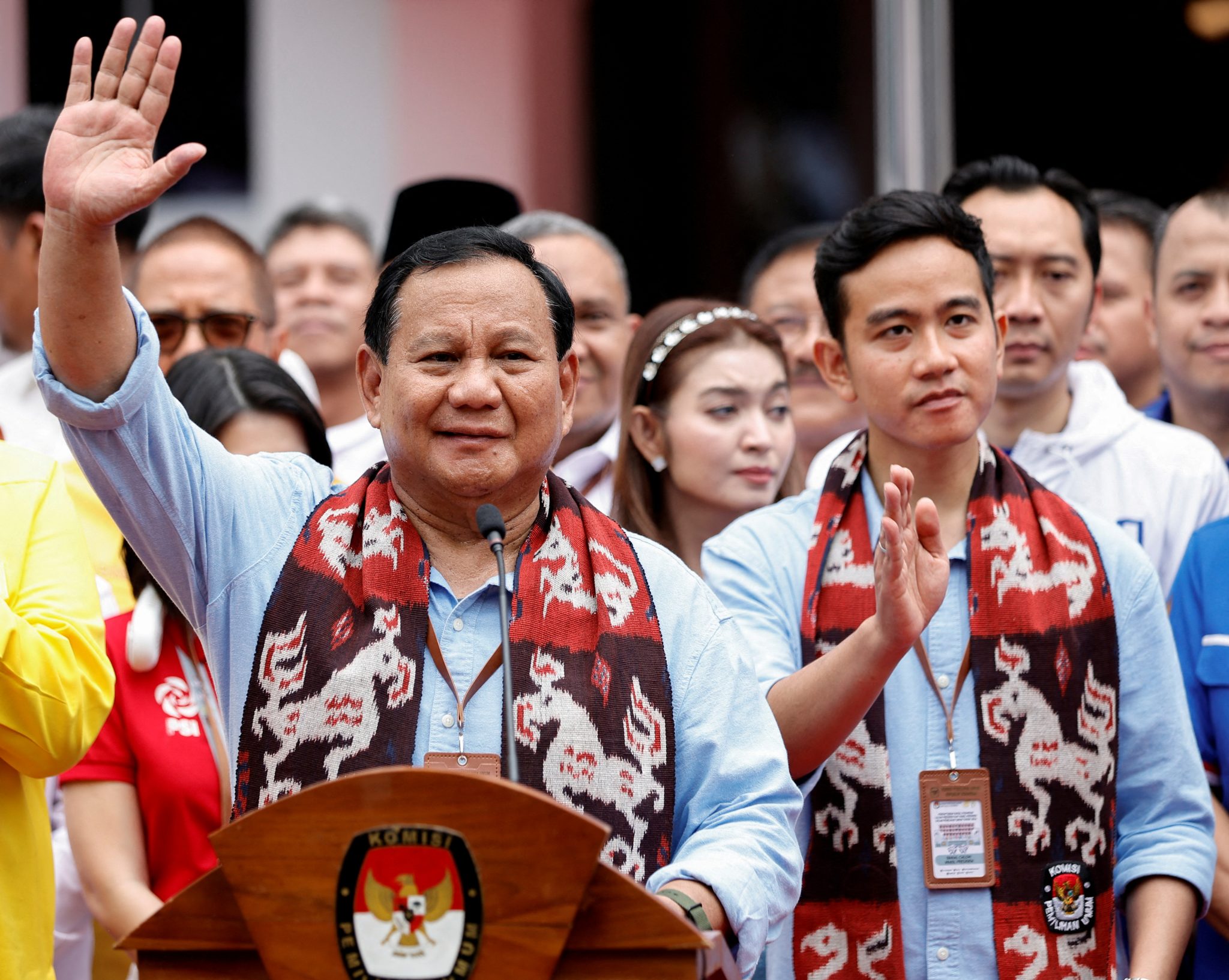Electoral Integrity: Protecting the Indonesia Democratic Process with Real Experiences and Useful Insights
JAKARTA, turkeconom.com – As Indonesia’s democracy matures, ensuring electoral integrity has become more critical than ever. Free, fair, and transparent elections underpin public confidence and legitimate governance. From the national presidential contest to regional pilkada (local elections), every vote must count and be counted correctly. In this article, we explore the concept of electoral integrity, examine Indonesia’s legal and institutional framework, draw on real experiences from recent elections, and offer useful insights to strengthen the democratic process.
Understanding Electoral Integrity

Definition and Core Principles
Electoral integrity refers to the adherence of electoral processes to international and domestic standards that guarantee fairness, transparency, and accountability. Key principles include:
- Legal certainty: Clear, consistent election laws
- Impartial administration: Neutral bodies overseeing polls
- Security of the vote: Protection against coercion and fraud
- Transparency: Open access to procedures and results
- Inclusivity: Equal participation of all eligible voters
Why Electoral Integrity Matters
When electoral integrity is upheld:
- Citizens trust the outcome and respect the mandate of elected representatives
- Political violence and post-election disputes decline
- Government policies reflect the genuine will of the people
- Democratic consolidation is accelerated
Indonesia’s Democratic Landscape
Legal Framework and Regulatory Bodies
Indonesia’s elections are governed by the 1945 Constitution, the Election Law (UU Pemilu), and the Pilkada Law. Key institutions include:
- General Elections Commission (KPU): Organizes and administers national and regional elections
- Election Supervisory Body (Bawaslu): Monitors compliance and handles electoral violations
- Constitutional Court: Resolves electoral disputes and challenges
Role of Civil Society and Media
A vibrant network of NGOs, observer groups, and independent media outlets plays a crucial role in safeguarding electoral integrity. By deploying parallel vote tabulation, reporting irregularities, and educating voters, these actors bolster accountability throughout the electoral cycle.
Real Experiences from Indonesia’s Elections
The 2019 Presidential and Legislative Elections
- Scale and Complexity: Over 192 million voters across 800,000 polling stations tested Indonesia’s logistical capacity.
- Successes: High voter turnout (over 80%), smooth vote tabulation in most regions, and timely announcement of results.
- Lessons Learned: Gaps in data transmission reliability, isolated incidents of vote-buying, and sporadic intimidation highlighted areas for improvement.
Local Pilkada: Decentralized but Challenging
- Case Study – East Java Regency Elections: Despite decentralization, discrepancies in voter rolls and inconsistent enforcement of campaign finance rules undermined confidence.
- Positive Innovations: Several districts piloted e-registration checks and mobile polling stations for remote communities, improving accessibility and reducing long queues.
Key Challenges to Electoral Integrity
Vote-Buying and Transactional Politics
Vote-buying remains a persistent challenge, especially in rural and economically disadvantaged areas. Candidates or their proxies distribute cash or goods to sway voters, eroding the principle that elections should reflect citizens’ free choice.
Disinformation and Social Media Manipulation
The rise of social platforms has accelerated the spread of fake news and misleading campaign material. Without effective fact-checking and digital literacy programs, voters risk being influenced by false narratives.
Logistical and Administrative Hurdles
- Voter List Management: Duplicate entries, outdated records, and disenfranchisement of migrants create disputes over eligibility.
- Remote Area Access: Islands and mountainous regions face transportation delays, leading to late ballots and uneven access to voting facilities.
Useful Insights and Best Practices
Strengthening Oversight Mechanisms
- Empower Bawaslu with greater investigative powers and resources.
- Expand citizen observer programs by partnering with local universities and youth organizations.
- Introduce real-time reporting apps to log and escalate incidents.
Engaging Communities Through Voter Education
- Deploy targeted campaigns in local languages, clarifying voting procedures and rights.
- Use mobile learning units in remote districts to demonstrate proper ballot marking and discourage vote-selling.
- Collaborate with religious and cultural leaders to foster community buy-in and reduce intimidation.
Leveraging Technology Responsibly
- Automated Voter Registration: Integrate national ID data with KPU’s database to minimize duplicates.
- Biometric Verification: Pilot fingerprint or facial recognition at polling stations to prevent impersonation.
- Secure E-Counting Systems: Encrypt and publicly audit vote-tabulation software to build trust in official results.
Case Study: Transparent Vote Tabulation in Central Sulawesi
In the 2020 Central Sulawesi pilkada, local KPU branches collaborated with international NGOs to implement parallel vote tabulation. By training observers in statistical sampling and publishing unofficial results immediately after polls closed, they were able to:
- Detect discrepancies within hours
- Deter potential tampering attempts
- Provide the public with timely, credible information, reducing post-election tensions
Recommendations for Future Elections
- Legal Reforms
- Tighten regulations on campaign finance and sanctions for vote-buying.
- Clarify guidelines for digital campaigning and social media advertisements.
- Institutional Capacity Building
- Increase funding for Bawaslu to expand its provincial and district offices.
- Standardize training modules for election officials nationwide.
- Partnerships with Civil Society
- Establish formal data-sharing agreements between KPU and accredited observer groups.
- Support grassroots NGOs in conducting local voter outreach and monitoring.
- Technology and Innovation
- Scale up biometric voter verification where infrastructure allows.
- Pilot blockchain-based vote-counting trials in controlled environments to assess feasibility.
Conclusion
Electoral integrity is the cornerstone of Indonesia’s democratic process. By learning from real experiences—such as the monumental 2019 elections and pioneering local initiatives—and by adopting targeted reforms in oversight, education, and technology, Indonesia can continue to strengthen trust in its electoral system. Civil society, electoral bodies, political parties, and voters all share responsibility for upholding transparency and fairness. With these practical insights and collective commitment, the archipelago’s democracy will remain resilient and true to the will of its people.
Sharpen Your Skills: Delve into Our Expertise on Politic
Check Out Our Latest Piece on Political Systems!











